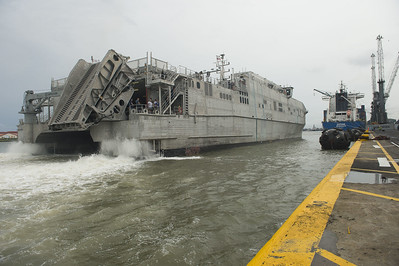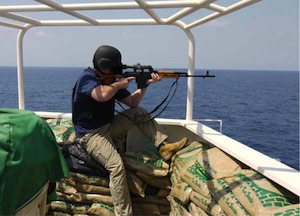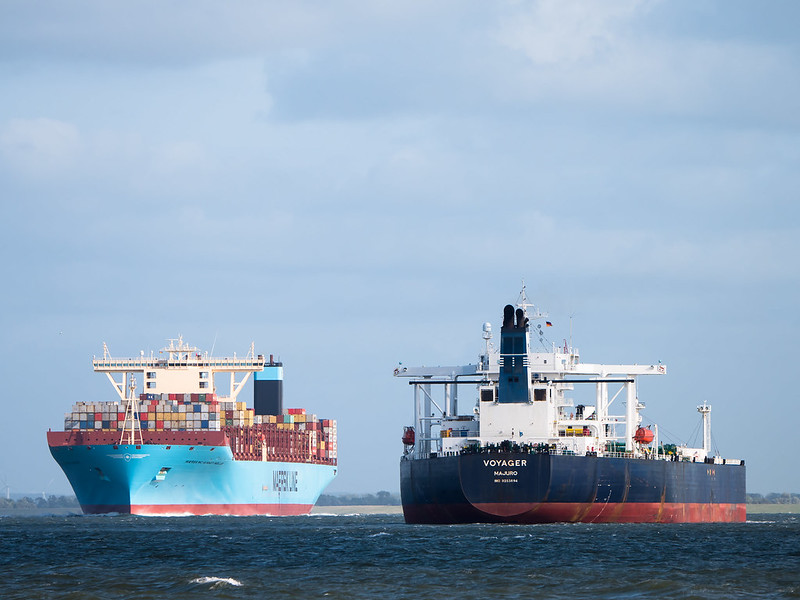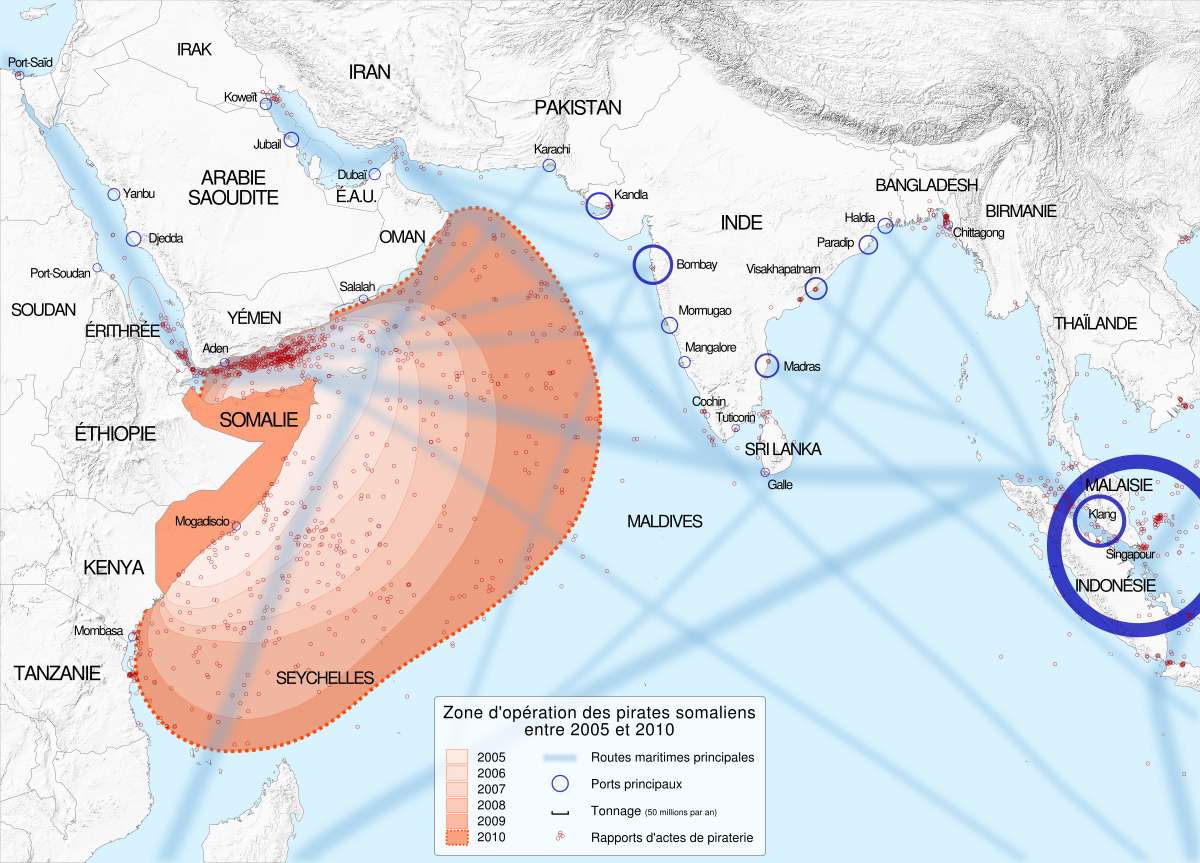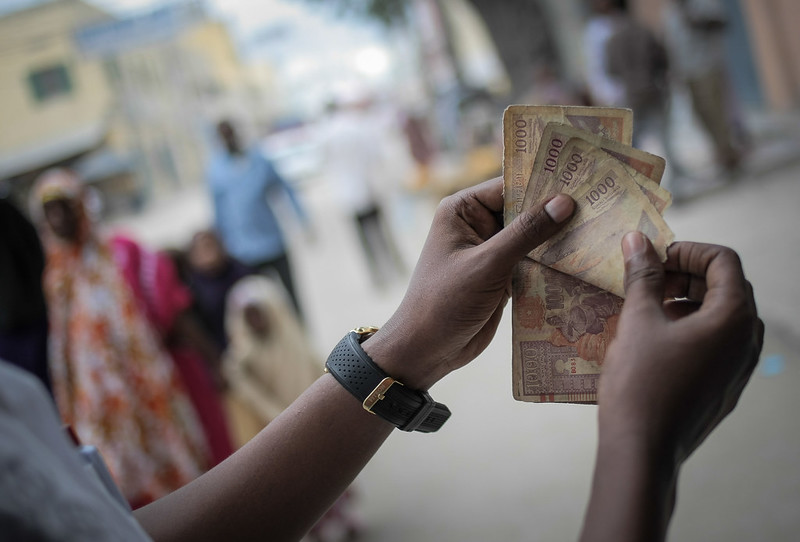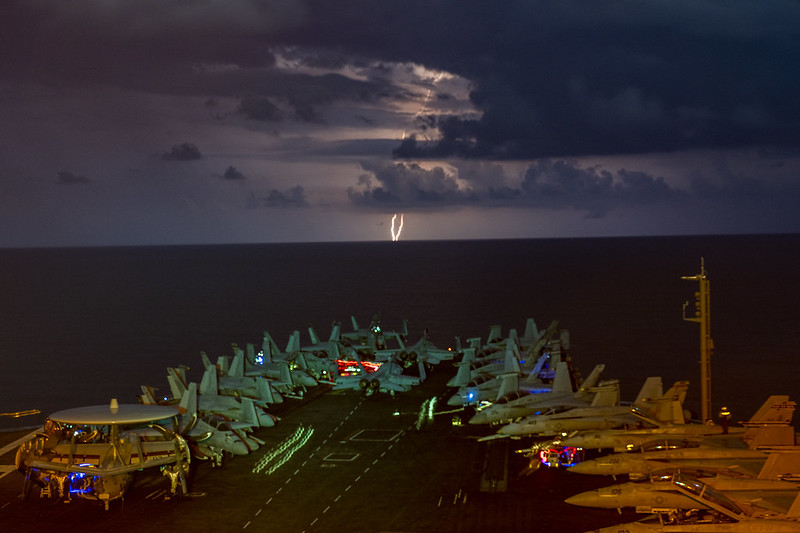Maritime Security Capacity Building: Spotting the Gaps.
This working paper, part of the Capacity Building project, discusses which methodologies are available for assessing maritime security sectors. On this basis it proposes a new methodology the Spaces, Problems, Institutions, Projects framework. Read the paper here.

